HGH ZPHC Zptropin is a synthetic human growth hormone that is used for a variety of purposes. It is believed to increase muscle mass, decrease body fat, and promote tissue repair and regeneration. In this article, we will discuss the different uses, how to use, storage conditions, mechanism of action, precautions, contraindications, drug interactions, overdose, and side effects associated with HGH ZPHC Zptropin injection.
Uses:
HGH ZPHC Zptropin is used primarily for two purposes. Firstly, it is used by athletes and bodybuilders to enhance performance and build muscle. Secondly, it is used for medical purposes, particularly in children and adults with growth hormone deficiency. A medical condition called hypopituitarism can cause underproduction of the human growth hormone, leading to stunted growth in children and a range of complications in adults. HGH ZPHC Zptropin can help individuals with growth hormone deficiency achieve normal growth and development.
How to use:
HGH ZPHC Zptropin is administered via subcutaneous injection, which means it is injected into the tissue beneath the skin. The dosage and frequency of administration depend on several factors, such as the age, weight, and condition of the individual. It is usually injected once a day at bedtime, but the dosage can be increased or decreased based on the desired effect and the individual’s response to treatment. It is important to note that HGH ZPHC Zptropin should always be administered by a healthcare professional, and individuals should not attempt to self-administer the injection unless they have been trained to do so.
Storage conditions:
HGH ZPHC Zptropin should be stored in the refrigerator at 2-8°C degrees, and should never be frozen or shaken prior to use. Once reconstituted, the solution can be stored in the refrigerator for up to 14 days. Any unused portion after this time should be discarded.
Mechanism of action:
HGH ZPHC Zptropin works by stimulating the growth of cells in the body. It is synthesized using recombinant DNA technology to produce a version of the human growth hormone identical to the natural hormone produced by the body. Once injected, HGH ZPHC Zptropin binds to specific receptors on target cells, promoting the production and release of insulin-like growth factor 1 (IGF-1). This hormone, in turn, promotes cell growth, cell division, and cell repair, leading to the development of new muscle tissue and bone density. HGH ZPHC Zptropin is also believed to stimulate the metabolism and boost the breakdown of body fat.
Precautions:
There are several precautions that individuals should take before using HGH ZPHC Zptropin. Firstly, individuals with a known hypersensitivity to any of the ingredients in the injection should not use it. Secondly, pregnant or breastfeeding women should avoid the use of HGH ZPHC Zptropin due to the potential risks to the fetus or infant. Lastly, individuals with a history of cancer, respiratory insufficiency, or severe liver or kidney disease should consult with their healthcare provider before using HGH ZPHC Zptropin.
Contraindications:
There are several contraindications for the use of HGH ZPHC Zptropin. Individuals with active cancer or a history of cancer should not use HGH ZPHC Zptropin due to the potential for the hormone to stimulate the growth of cancer cells. Individuals with severe respiratory problems, such as asthma or chronic obstructive pulmonary disease (COPD), should avoid the use of HGH ZPHC Zptropin, as it can exacerbate breathing difficulties. Patients with a known allergy to any of the ingredients present in the HGH ZPHC Zptropin injection should not use it.
Drug interactions:
HGH ZPHC Zptropin may interact with other medications, including insulin, glucocorticoids, and thyroid hormones. Individuals who are taking any of these medications should inform their healthcare provider before using HGH ZPHC Zptropin. The interaction between HGH ZPHC Zptropin and corticosteroids can lead to a decrease in the effectiveness of the medication. Thyroid hormones, on the other hand, can enhance the effect of HGH ZPHC Zptropin.
Overdose:
An overdose of HGH ZPHC Zptropin can result in a range of symptoms, including joint pain, fluid retention, and hyperglycemia. In severe cases, an overdose can lead to an enlarged heart and an increased risk of diabetes. If an overdose is suspected, individuals should seek immediate medical attention.
Side effects:
Like all medications, HGH ZPHC Zptropin can cause side effects in some individuals. The most common side effects associated with HGH ZPHC Zptropin include joint pain, swelling, carpal tunnel syndrome, hyperglycemia, and headache. Other less common side effects include fluid retention, high blood pressure, and an increased risk of diabetes. In rare cases, HGH ZPHC Zptropin can cause an allergic reaction. If any side effects are experienced, individuals should contact their healthcare provider immediately.
In conclusion, HGH ZPHC Zptropin is a synthetic human growth hormone that is used for both medical and non-medical purposes. It is primarily used by athletes and bodybuilders to build muscle and enhance performance, and in individuals with growth hormone deficiency to promote growth and development. HGH ZPHC Zptropin should be administered by a healthcare professional and is contraindicated in individuals with cancer or severe respiratory problems. While it can cause side effects in some individuals, HGH ZPHC Zptropin is generally considered safe and effective when used as directed by a healthcare provider.

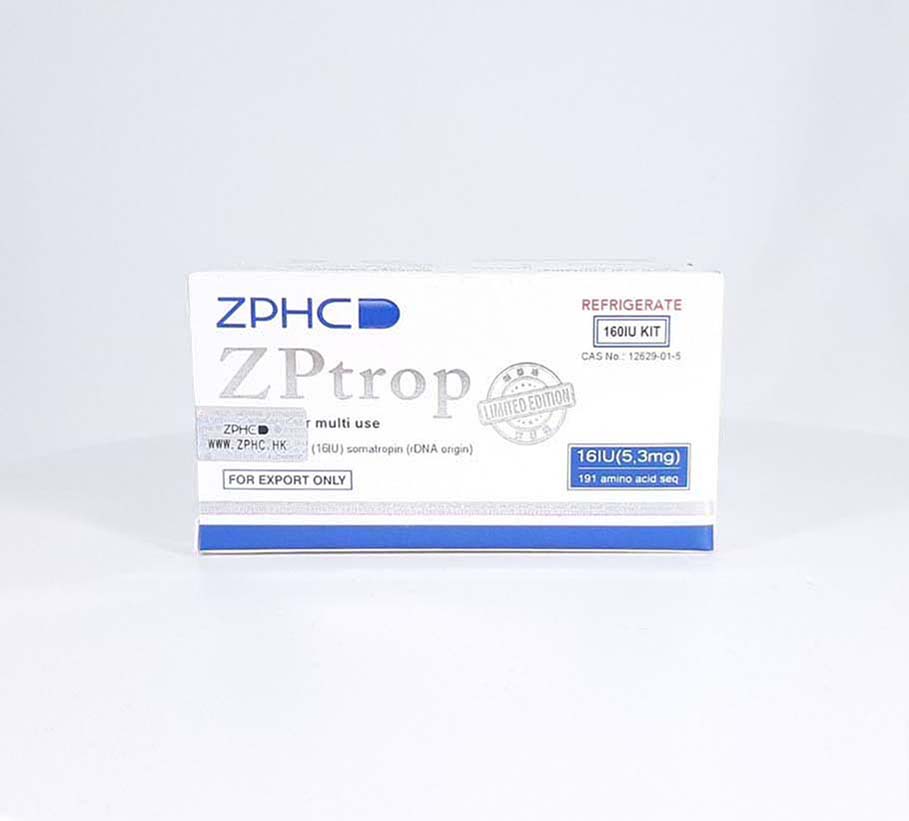
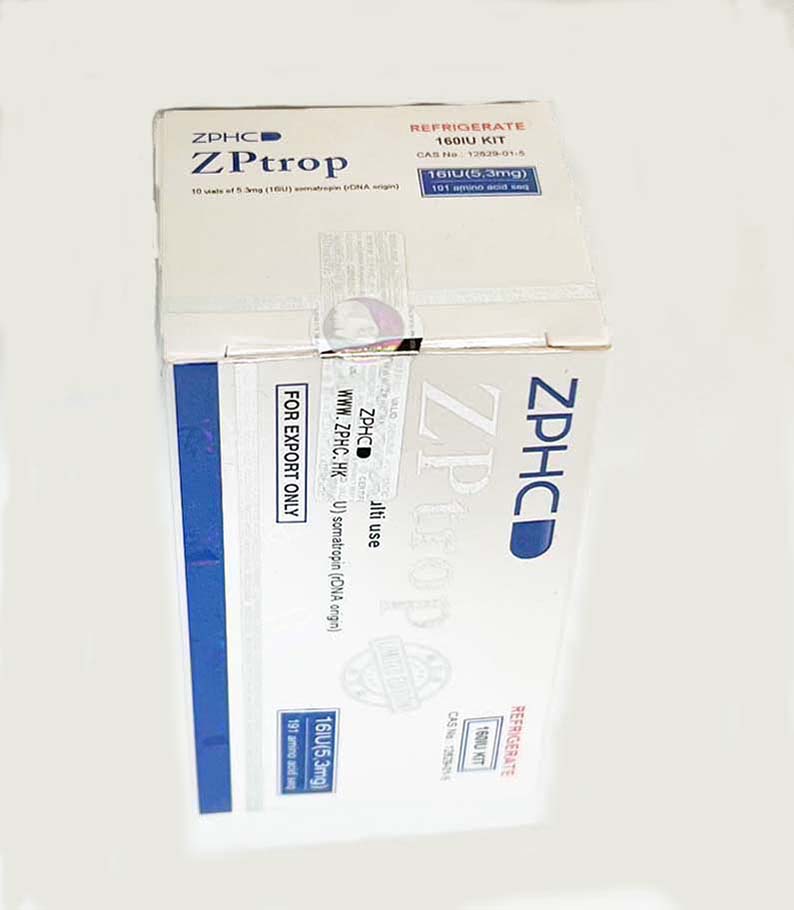
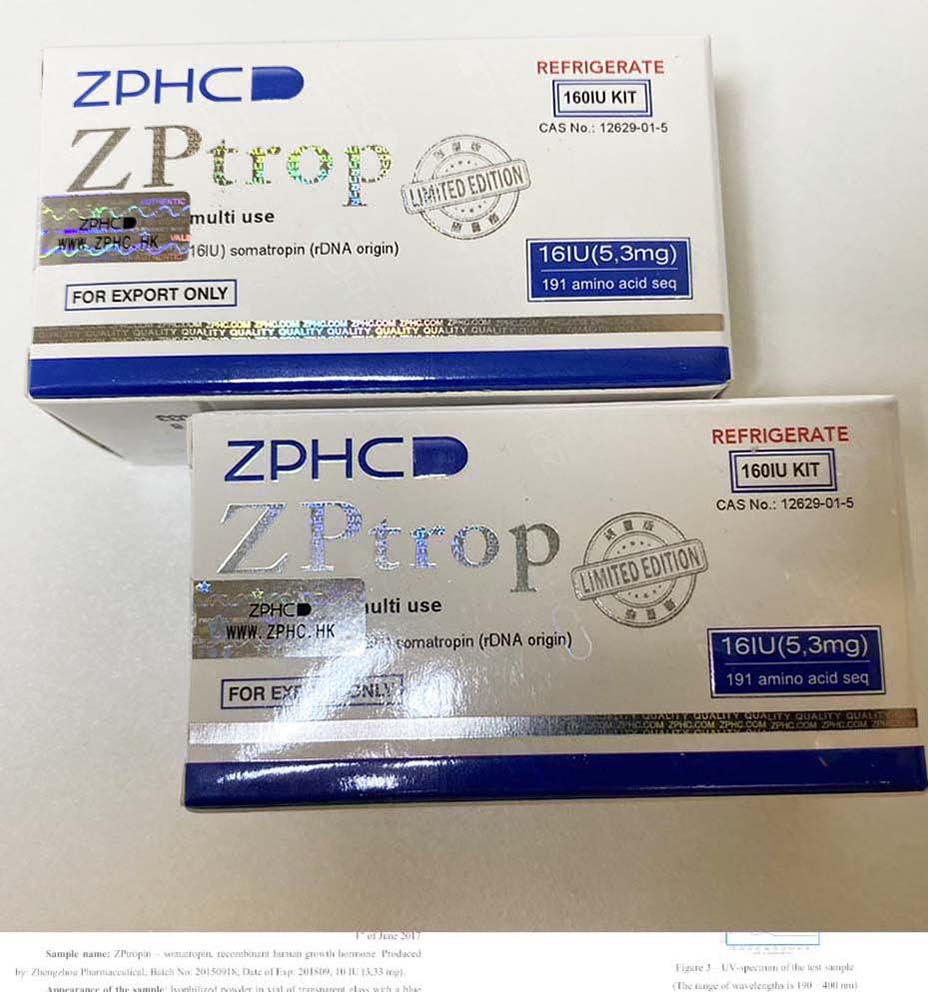
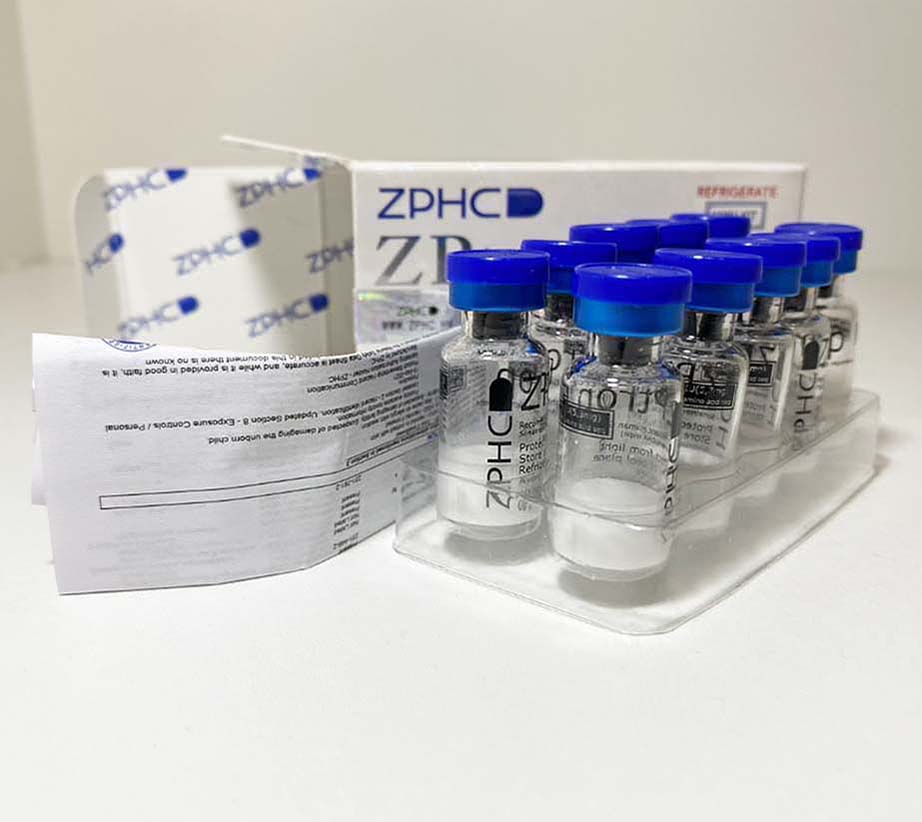
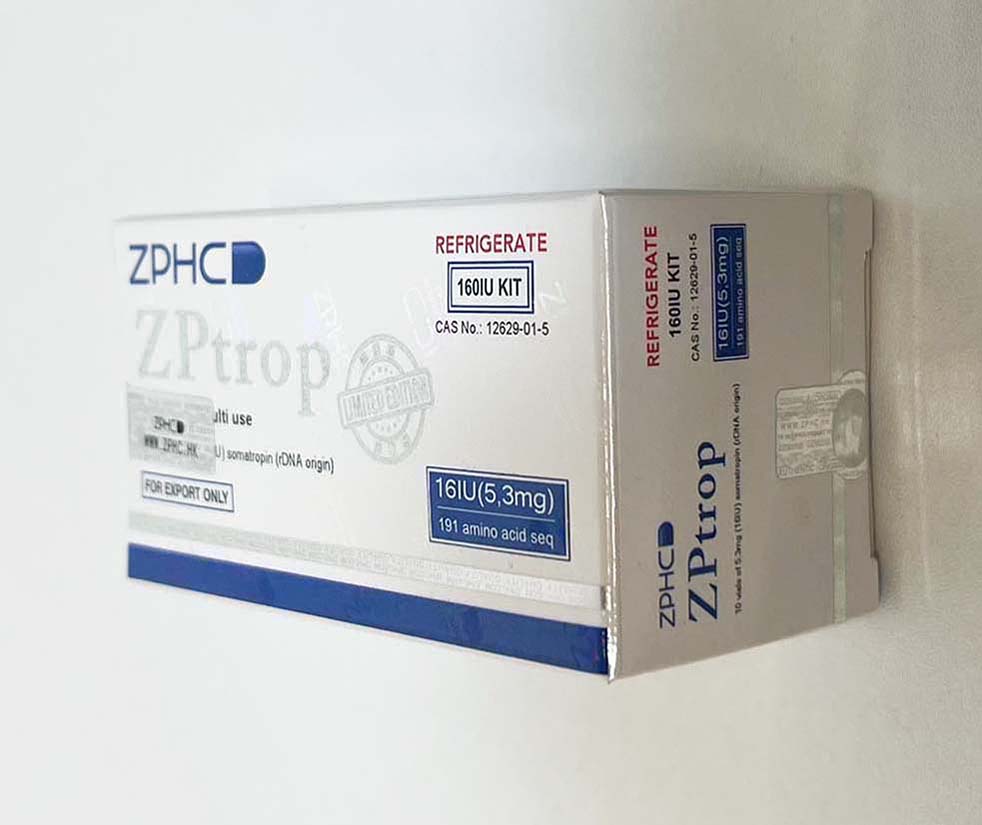
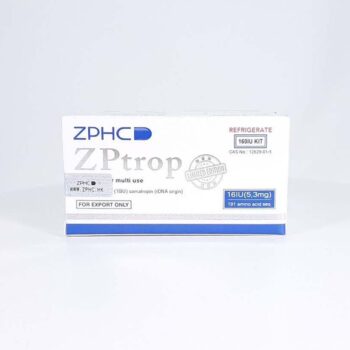
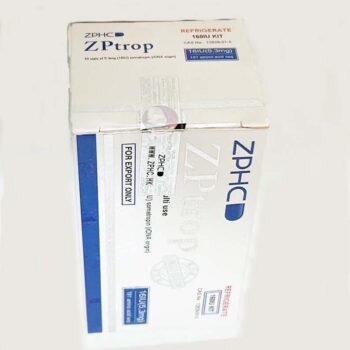
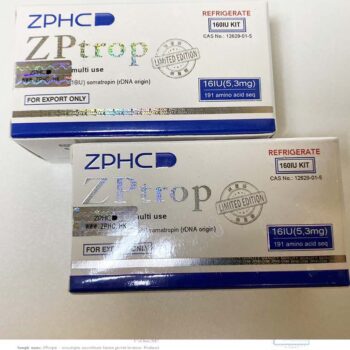
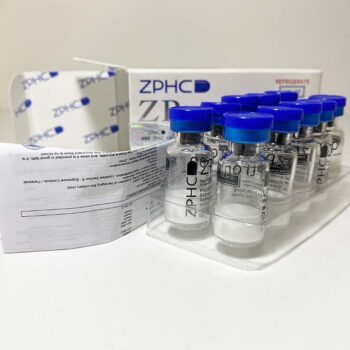
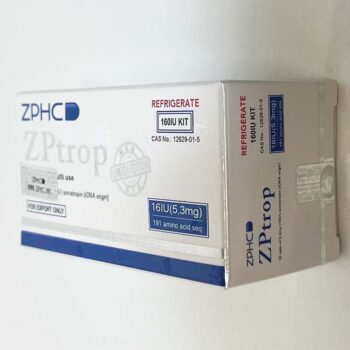
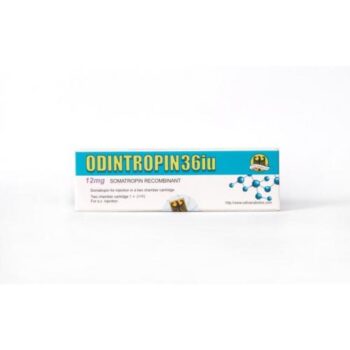
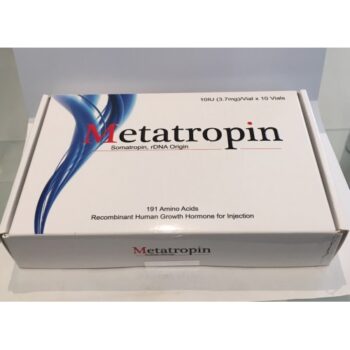


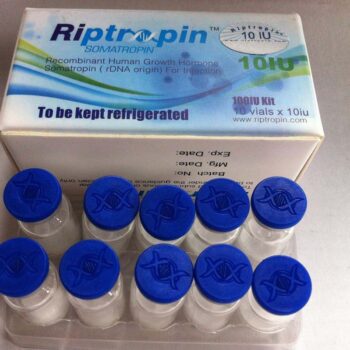
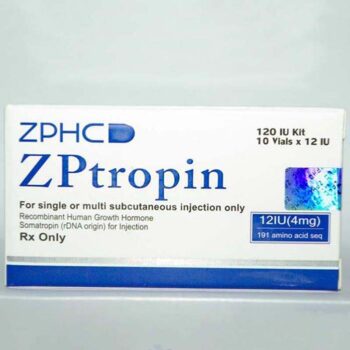
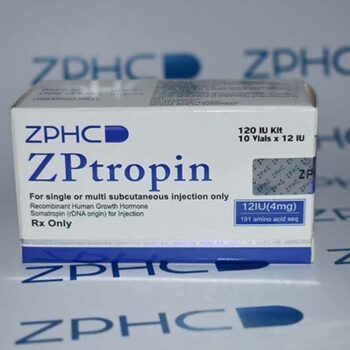
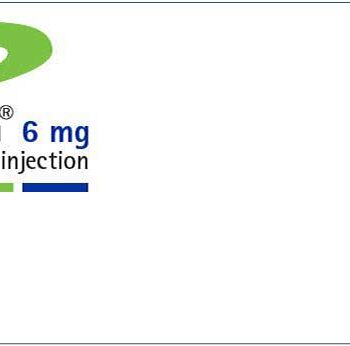
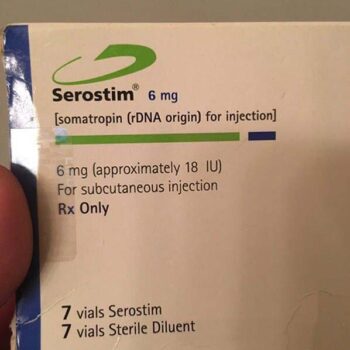
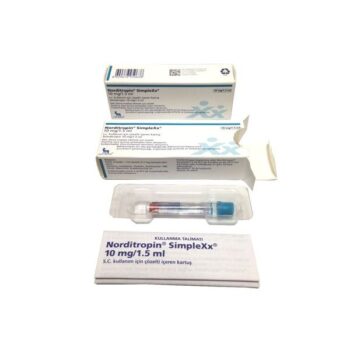


Reviews
There are no reviews yet.